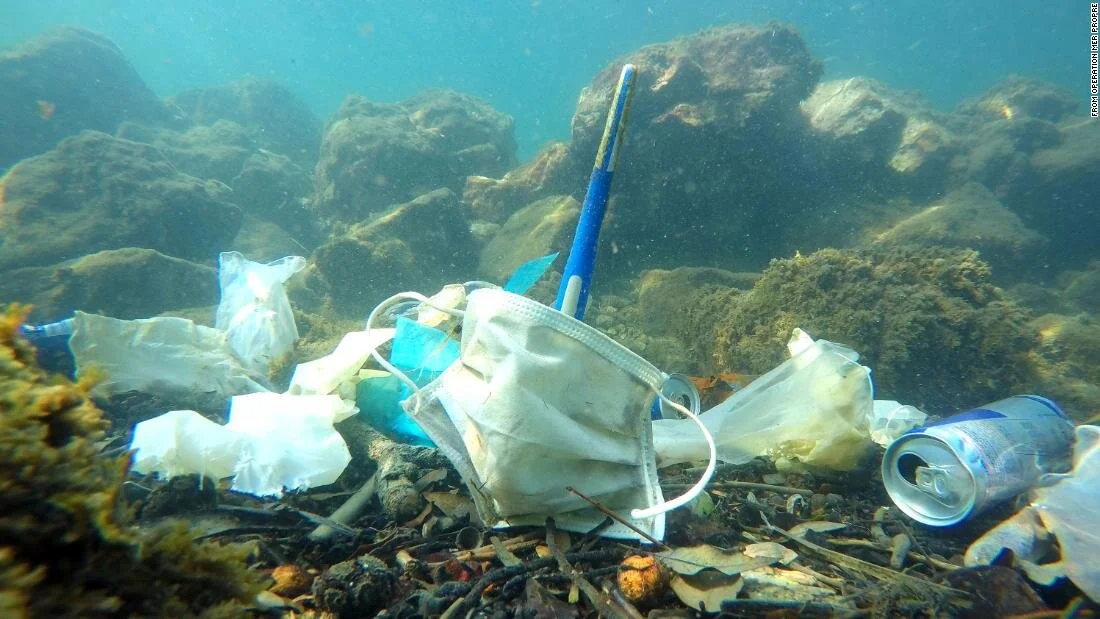1.5 Billion Face Masks Believed To Have Entered The Ocean in 2020
COVID 19 hasn’t just impacted humans. It’s harming sharks too. A new study by Oceans Asia has revealed that up to 1.5 billion face masks could have found their way in to the oceans.
COVID 19 has seen an unprecedented global effort of mankind to protect itself from a common enemy. Initial steps were to wash hands frequently, keep at least 2 meters apart and to wear a face mask whenever possible. The first two options offer very little, if anything, in physical waste. Until reusable, more durable (and fashionable) face masks became available, a large proportion of the population used disposable masks.
Unfortunately, this massive increase in physical (and mostly non-biodegradable) waste appears to have stretched recycling and waste facilities with methods of safe disposal not being able to adapt quick enough.
“While 1.5bn face masks is seemingly at the upper end of estimates from an extrapolated sub sample, the numbers of disposable face masks in our oceans is undoubtedly on the rise as a result of the pandemic. These disposable masks contain polypropylene, a common plastic polymer used in a wide range of products. Over time these masks can breakdown into smaller pieces of micro plastics and can be ingested by marine species including sharks.”
“A recent study (2020) showed 70% of U.K. demersal shark species contained evidence of microplastics in their stomachs. It is currently unknown what the internal impacts of this will be, however it could be causing changes to the sharks reproductive, endocrine and immune systems.” - Kristian Parton, Shark Scientist
Keeping safe from COVID is a top priority but we must also balance this with a considerate attitude towards the waste any protective measures may create. When buying masks, choose one that is both reusable and biodegradable. These two choices will make a huge difference to our oceans and all that live in it.

